WTO faces uncertain future after appeals court shuts down
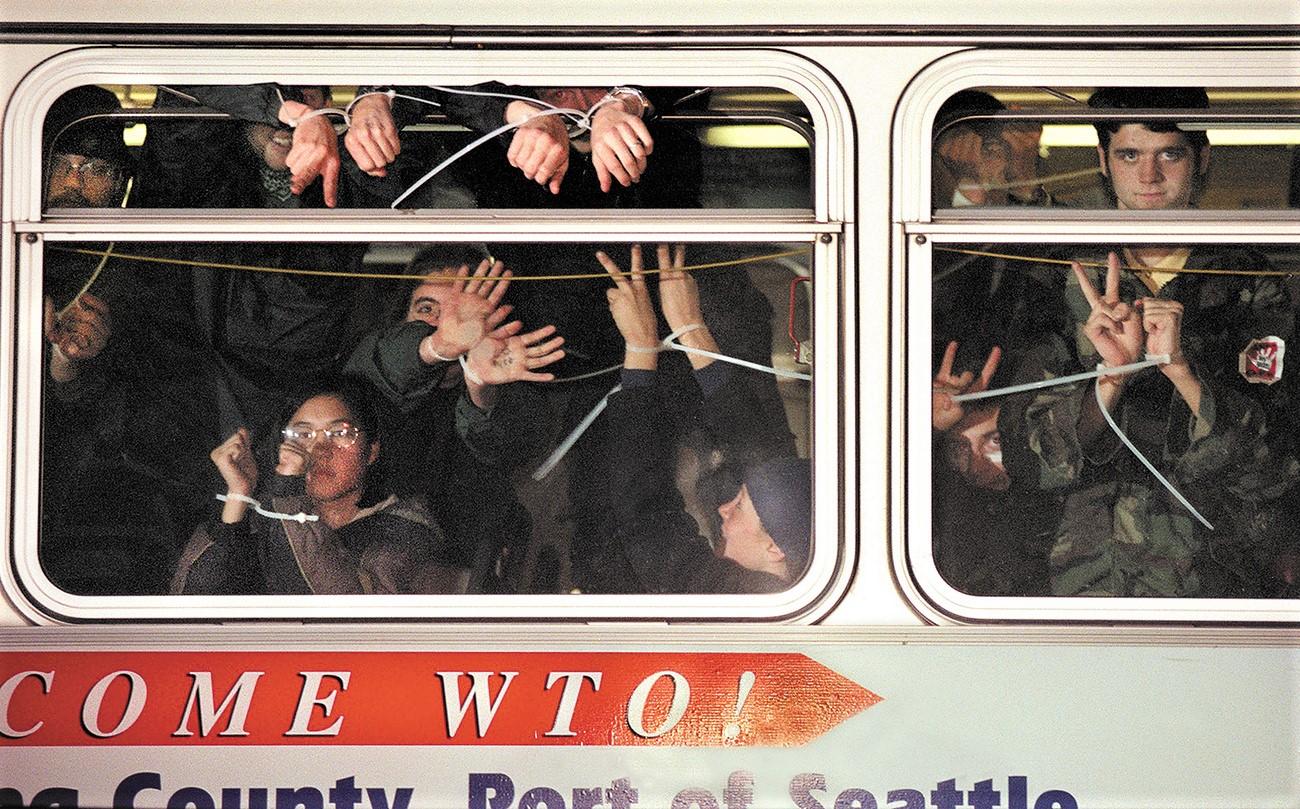
The Geneva-based World Trade Organization (WTO) is in crisis after the collapse of its appeals court this month following heavy pressure from the United States.
The fate of the Appellate BodyExternal link – the WTO’s top court set up in 1995 – was effectively sealed on December 9 after the US said it would not back a proposal to allow it to continue.
“This is the first time that states have agreed to cross supranationalism’s Rubicon” by allowing the resolution of trade disputesExternal link to slip out of their control,” former WTO Director General Pascal Lamy told Le Monde last weekExternal link.
Since 2001, the US – under Presidents George W. Bush, Barack Obama and Donald Trump – has blocked new judges’ appointments to protest the way the WTO does business. After Trump’s election, Washington stepped up pressure by refusing to renew the terms of two of the three remaining members of the appeals panel. The US is unhappy with the court’s “overreach” and “disregard” of WTO rules and is displeased about how the WTO has tied its hands in dealing with China.
At present, only one judge remains operational out of the original seven-member appeals court that rules on trade disputes; a minimum of three are needed for it to function.
WTO chief Roberto Azevedo has vowed to find a solution, but observers are worried about the impact for multilateralism and the global trading system.
Without @wtoExternal link Appellate Body what happens to pending & future trade disputes? My Journal of International Economic Law editorial now free here (thank you OUP!)https://t.co/w6WLEqZtIpExternal link
— Joost Pauwelyn (@JoostPauwelyn) December 5, 2019External link
So far my 1 July 2019 predictions seem to be on track … 1/1 pic.twitter.com/2lrNhQWrqaExternal link
Return to the law of the jungle?
“This blockage of the appellate body could result in trade wars other than the one between the US and China,” said Professor Joost Pauwelyn of the Graduate InstituteExternal link, referring to around 50 outstanding disputes before the appeals court and recent trade tensions between the US and EU.
The EU, which called the shutdown a “very serious blow”, and China are exploring the possibility of setting up an alternative arbitration system. Switzerland, for its part, is working with 59 countries committed to the “rules-based multilateral trading system” and to “finding concrete solutions”, which include a successful 12th ministerial conference next June in Astana, Kazakhstan.
“I remain optimistic,” added Pauwelyn. “The US has taken hostage the WTO members who want this appellate body to continue. It is a powerful negotiating lever that Washington has at its disposal to obtain concessions. But the economic weight of the US is less than in the 1990s. It is therefore also in Washington’s interest to have a system that allows agreements to be reached with China, the EU or India.”
Twenty years ago Saturday, Seattle stepped onto the world stage. The show didn’t go as planned. Here's how the 1999 WTO protests changed Seattle. (via @Jim_BrunnerExternal link) https://t.co/vWyX6dHxmMExternal link
— The Seattle Times (@seattletimes) November 30, 2019External link
Not the first time
This major crisis is not the first facing WTO. Twenty years ago, the organisation was confronted with rising opposition and street protests over global concerns about increased economic liberalisation and the ill-effects of globalisation.
The anti-globalisation demonstrations reached their peak at the WTO conference in Seattle, US, in November 1999, which failed to launch the so-called Millennium Round of trade negotiations.
This was the first serious blow to the Geneva-based organisation, which now has 164 members. Never again would the WTO manage to launch a such a broad programme of market liberalisation.
Since then, there has been a proliferation of free trade agreements between individual states or groups of states. Such deals increasingly take into account social and environmental concerns, as shown by the revised agreement between the US, Canada and Mexico, signed by Trump and applauded by the Democrats for its increased protection of workers.
Another example are the free trade deals between the Mercosur Latin American states (Argentina, Brazil, Paraguay and Uruguay) and the EU, or the European Free Trade Association (EFTA), which includes Switzerland. The difficulties individual parliaments encounter when trying to ratify such agreements shows that protestors’ earlier criticisms are now much better taken into account or less easily evaded.
Need for reforms
Twenty years ago, environmental and social matters were also a key concern. As US President Bill ClintonExternal link said in his speech to the WTO in Geneva in 1998 ahead of the Seattle conference: “We must build a trading system for the 21st Century that honours our values as it expands opportunity. We must do more to make sure that this new economy lifts living standards around the world, and that spirited economic competition among nations never becomes a race to the bottom in environmental protections, consumer protections and labour standards.”
But there was little chance that such lofty ideas would to become reality. At the end of the 1990s, securing agreement between all WTO member states (134 in July 1999) was a major challenge.
Today, the outlook has fundamentally changed with the rise of countries like China and India, which have benefited greatly since joining WTO, contrasting with the decline of western countries.
The need to reform the WTO is therefore increasingly urgent to enable it to remain a key player in the multilateral system that has developed since 1945.
“It often takes a deep crisis to carry out fundamental reforms,” says Pauwelyn.
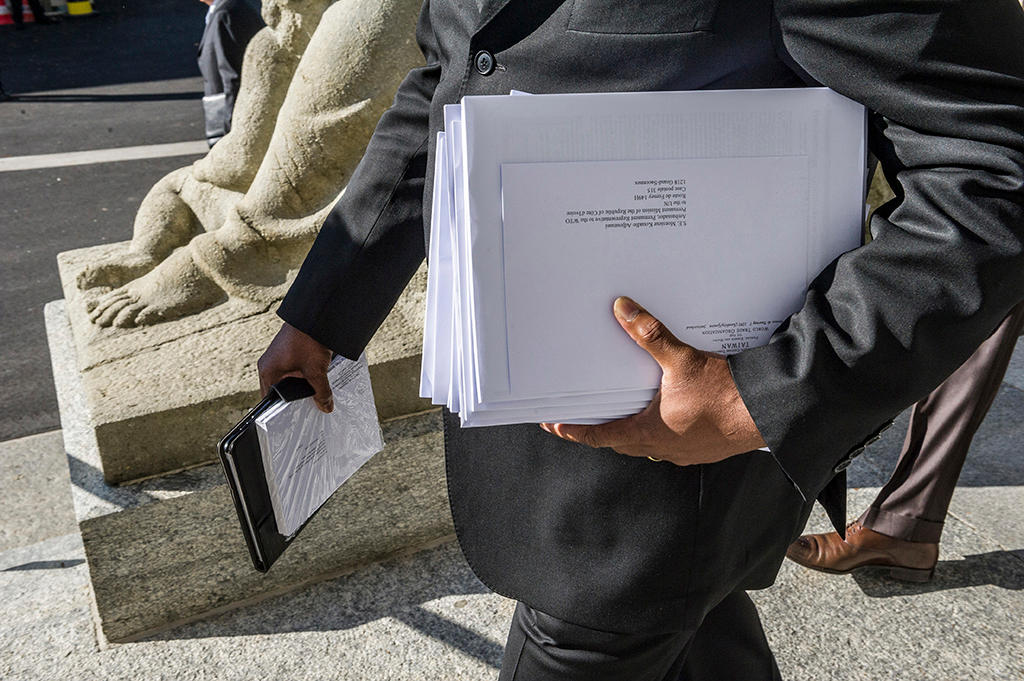
More
Inside the WTO

In compliance with the JTI standards
More: SWI swissinfo.ch certified by the Journalism Trust Initiative

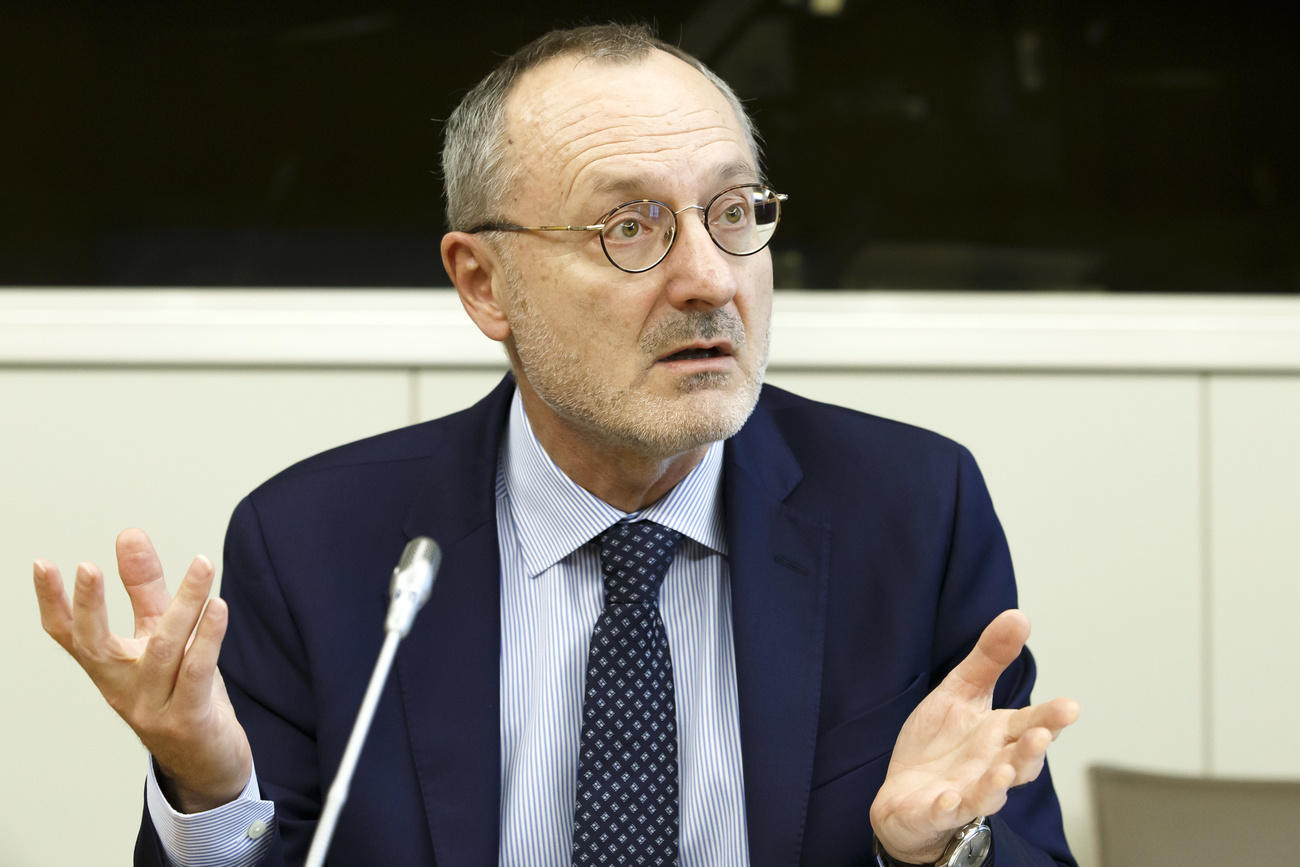
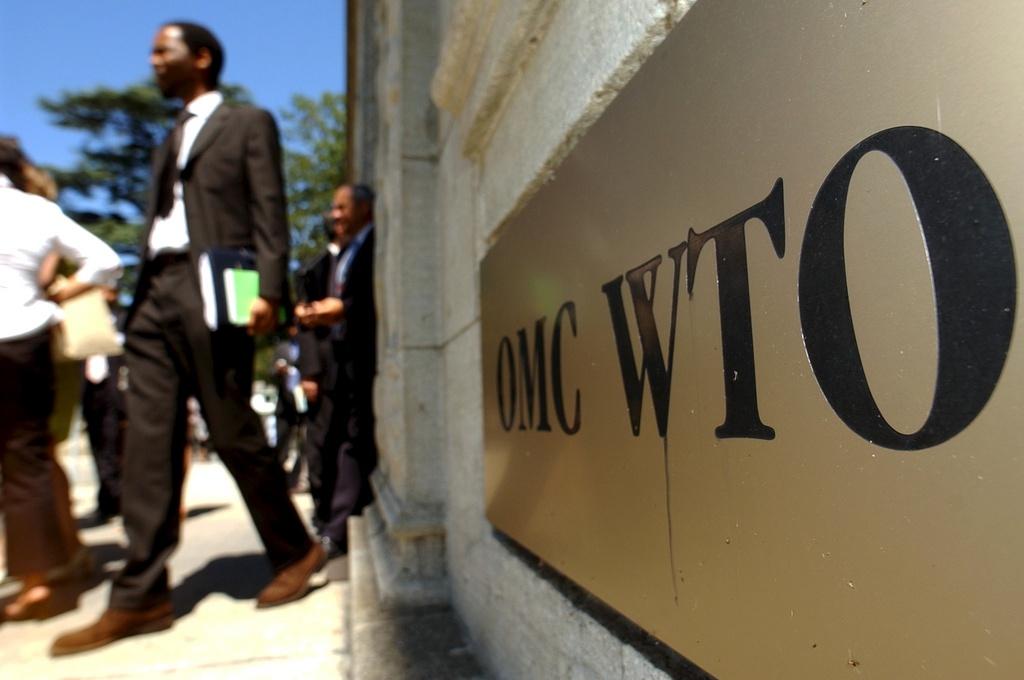
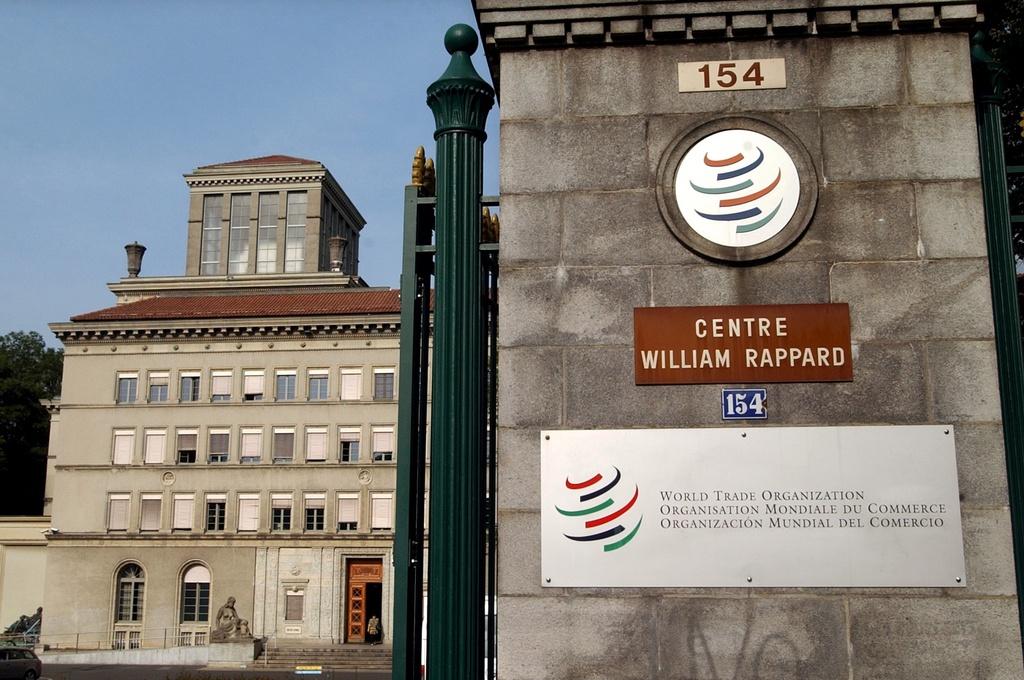
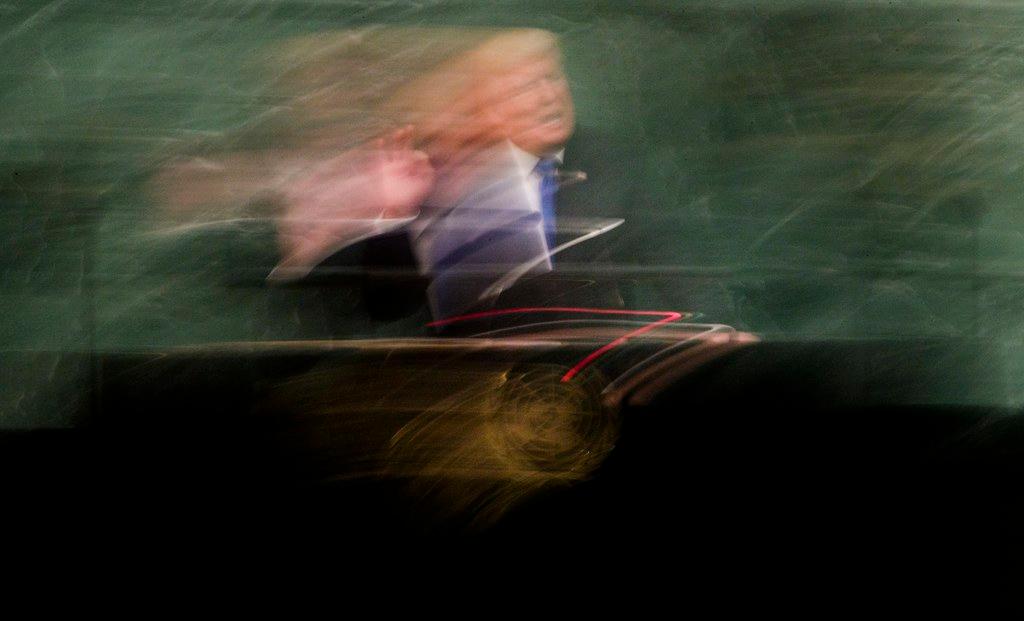
You can find an overview of ongoing debates with our journalists here. Please join us!
If you want to start a conversation about a topic raised in this article or want to report factual errors, email us at english@swissinfo.ch.